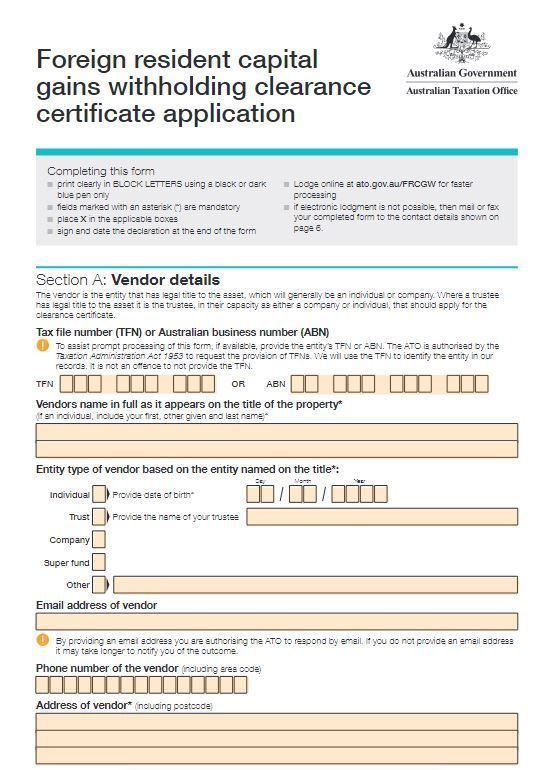Airbnb Vs. Traditional Rentals: Where should you put your money?

Airbnb vs. Traditional Rentals: Where Should You Put Your Money?
Investing in real estate can be a smart way to make your money work for you and secure your financial future. These days, there's a trendy twist to this classic investment strategy – Airbnb rentals. But how does Airbnb stack up against good old traditional rentals, and what does it mean for your ability to secure loans for future investments? Let's dive into it!
Airbnb:
The Good Stuff:
- Show Me the Money: With Airbnb, you can potentially rake in 2-3 times more money compared to traditional rentals. This is especially true if your place is in a touristy spot.
- Flexibility Rules: Airbnb lets you call the shots. List your property when you want, for as long as you want. You can even block it for renovations, maintenance, or those last-minute personal getaways.
The Not-So-Good Stuff:
- Hands-On Gig: Be ready to roll up your sleeves because Airbnb is a more hands-on gig. You'll need to arrange cleaning, restocking, and deal with those unexpected "Oops, I locked myself out" moments.
- Rollercoaster Occupancy: Airbnb's occupancy rates can feel like a rollercoaster ride. It depends on things like where your place is, the time of year, and what's happening in the market. Be prepared for the occasional dry spell and budget for it.
Quick Tips for Airbnb Hosts:
- Use apps to price your pad competitively.
- Two words: key lockboxes. One for check-ins and another for lockout emergencies.
- If you're not up for the hustle, more real estate agencies are now offering management of Airbnbs.
- Check local council rules before diving in; they can be strict about short-term rentals.
Traditional Rental Property:
The Good Stuff:
- Money on Lock: Traditional rentals offer financial stability. With leases usually running for 6-12 months, you know when the rent's coming and how much.
- Easy Breezy Maintenance: No need to deck out your place like an Airbnb. Traditional rentals are less time-consuming, and property managers can handle the nitty-gritty tenant stuff.
The Not-So-Good Stuff:
- Poor cashflow: Traditional rentals might not fill your pockets as fast. And with current interest rates and expenses, your cash flow could be in the red.
- Rent Price Red Tape: New laws mean you can only up the rent once a year for existing tenants. That means slower income growth.
Quick Tips for Traditional Landlords:
- Pick a property manager based on their skills, not just the price.
- Bedrooms are the Most Valuable Players in rental properties. More bedrooms usually mean more rent.
The Money Talk:
From a bank's point of view, both Airbnb and traditional rental income can count. But they do it differently.
- Rental Income: Banks usually look at rental income from the purchase date but play it safe by shaving off as much as 30% for expenses and vacancies. Some banks will consider only 10% for these expenses but one of our mortgage brokers will find the right bank for you.
- Airbnb Income: Airbnb money is treated like a business. You must show two years of tax returns to prove it's the real deal. Once you've got those, your borrowing power goes up. During those first two years, though, banks treat it as vacant and use the rental appraisal for your loan.
So, whether you are team Airbnb or team traditional rental, just remember to chat it out with your trusted advisors– accountant, mortgage broker, and real estate agent. They'll help you make the best moves for your money. As always, any questions drop us a line!
This article was kindly supplied by Plex Finance www.plexfinancegroup.com.au



The Mills Precinct Building 3
Ground Floor 275 Ruthven Street, Toowoomba Qld 4350
Phone: (07) 4688 2500
E-Mail: enquiries@cvaccountancy.com.au


